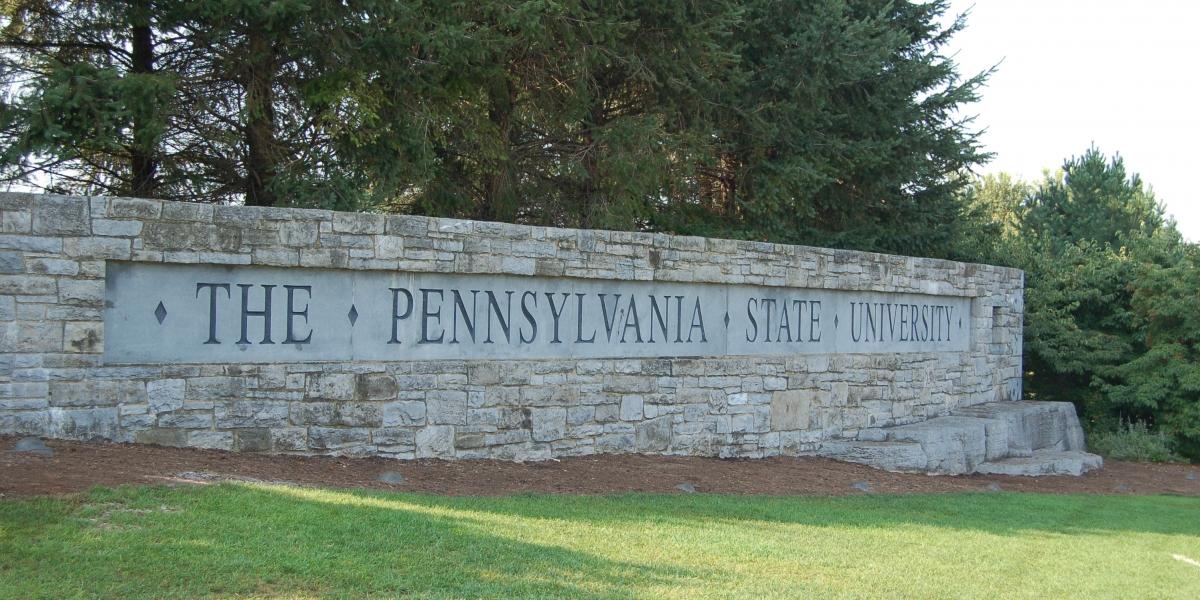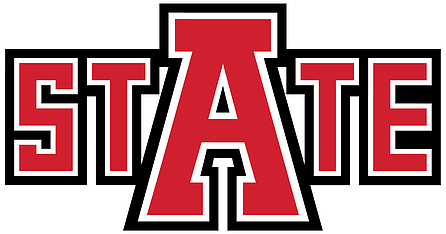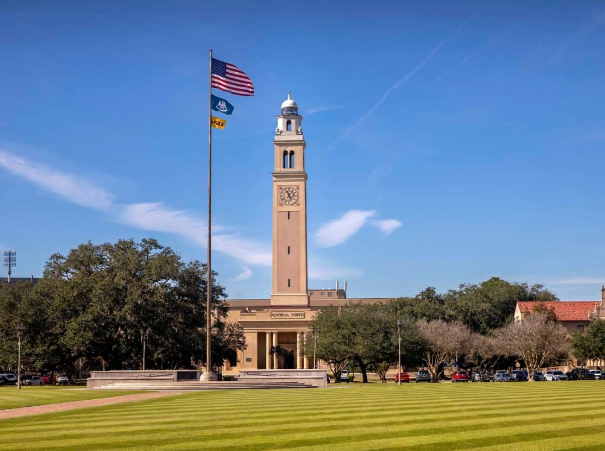In a recent webinar and case study, Dr. Markin shared her experience with designing, coordinating, and collecting follow-up information from these awards. Below are her suggestions for any administrators hoping to make the most of seed grant initiatives at their institutions.
Remember Specific Program Goals
Increase funding: URI’s proposal development initiative is meant to help faculty improve grant-writing skills and ultimately lead to a proposal to an outside agency.
Address Investigators’ Pain Points
Prior to using InfoReady, investigators were frustrated by the review process because they received few useful comments to help them improve their proposals.
Solution: Dr. Markin uses a Comments & Ratings Combination routing step that includes a required comment box for each criterion, in addition to a weighted rating (5, 10, or 15). Instructions from the VPR encourage reviewer feedback.
Result: Investigators received more thorough and constructive feedback that helped them improve their proposals before sending them to external agencies.
Track Return on Investment
In past award cycles, institutional benefits were unclear because there wasn’t a streamlined process for collecting information on whether extramural proposals were funded and/or the information was asked for too early in the process.
Solution: Progress reports in InfoReady can be set up to collect information at yearly intervals to track funding, publications, and project updates.
Result: Dr. Markin was able to show stakeholders a steady increase in external funding gathered over time, which was a key indicator of the programs’ success (and the VPR’s goals).
As the programs continue to evolve, Dr. Markin is excited to use InfoReady to provide the data that will keep them growing, while also spending time on more high-value activities. She notes: “I can spend more time helping faculty find funding sources or writing competitive proposals and less time on administrative chores that are not particularly productive.” We want to thank Dr. Markin and her team for trusting InfoReady to help them accomplish their goals.




